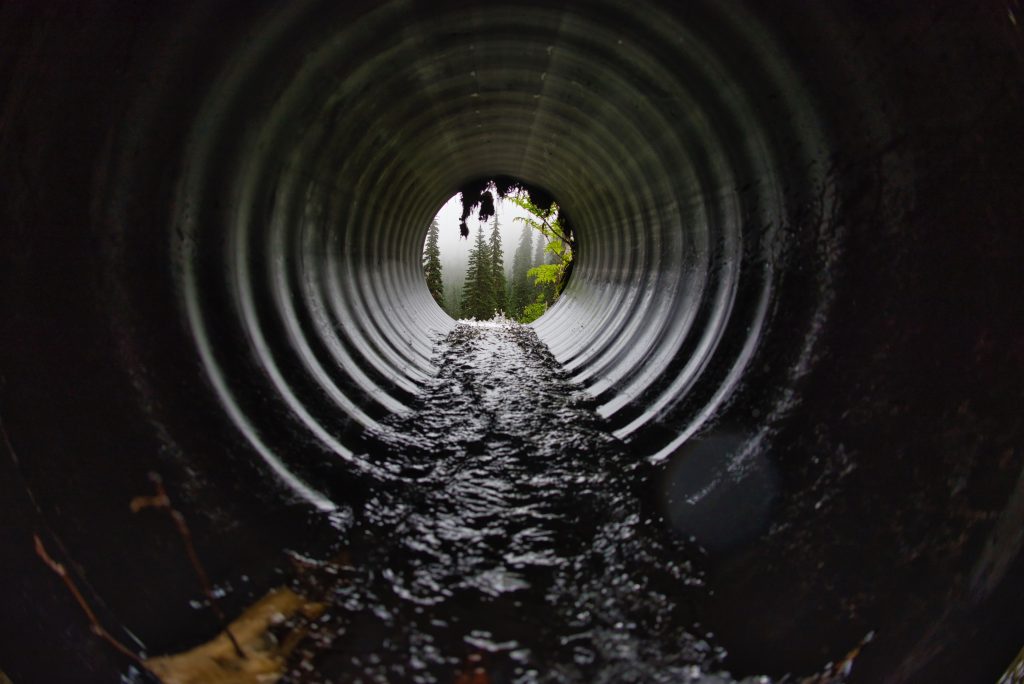The sheer amount of water we use at home to perform everyday tasks can be astounding. From bathing, cooking, cleaning, and of course, drinking, we put a lot of faith in water lines to provide us with virtually unlimited water from the city. However, leaks, blockages and other potential disruptions in the system can bring the entire household to a standstill until fixed. A broken water line requires the work of an experienced, professional plumber.
What are the signs of a broken water line?
- Wet spots or flooding in yard: Unexplained water flow coming up through cracks in the sidewalk and pavement is an obvious sign that a pipe has likely burst. In the grass itself, an area that’s unusually lush or mossy (with dryer areas surrounding it) is another common sign.
- Sudden drop in water pressure: An early sign of a leak in the water line occurs when you rapidly lose water pressure and are experiencing weak water flow from sinks, showers, etc.
- Dirty water: When there are leaks or burst pipes in the water line, soil and dirt may enter underground and appear in a glass of water filled from the kitchen sink. If you notice a reddish-brown color, or the water has a strange taste to it, stop drinking it and call a plumber right away.
What are common causes of damaged water lines?
- Tree roots invading pipes: Just like any other plant in your yard, trees are constantly looking for water. Because roots are naturally attracted to moisture, your pipes can fall victim to invasive tree roots that apply enough pressure over time to break pipes.
- Outdated plumbing: Knowing when your pipes were built will help determine what material they are made of and how old the plumbing system really is. Older homes tend to have pipes that are made of inadequate materials such as steel, tile or even clay. Sometimes, it’s impossible to avoid water line repairs down the line, especially if living in an older home with outdated pipes.
- Clay soil damage: Some soils cause more damage to pipes than others. Clay soil is especially destructive as its minerals swell to a large size when exposed to moisture, which can wreak havoc on your pipes. Test your soil for high chloride levels to determine if you need to adjust your soil’s pH levels to prevent repairs in the future.



 About Us
About Us  Services
Services  Plans
Plans  Commercial
Commercial